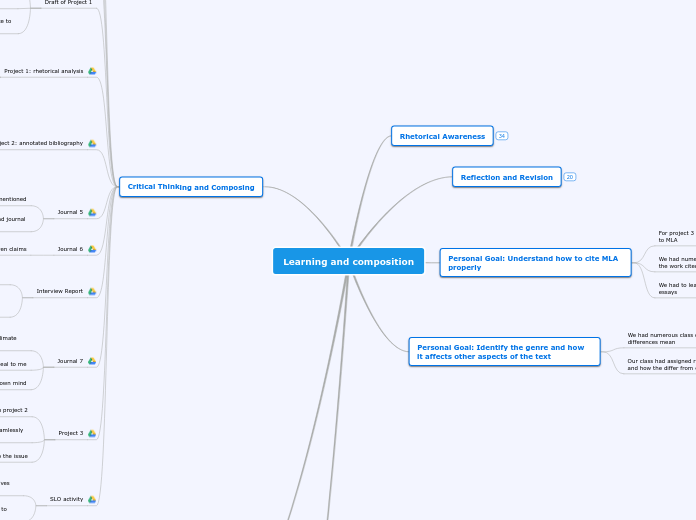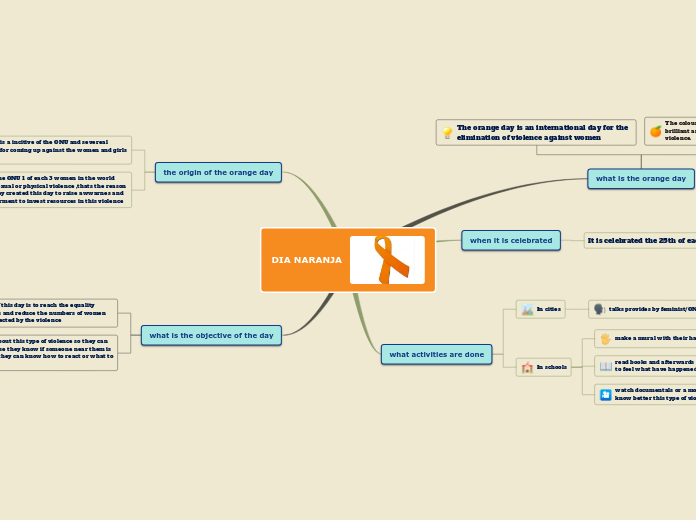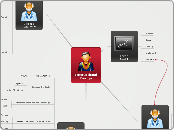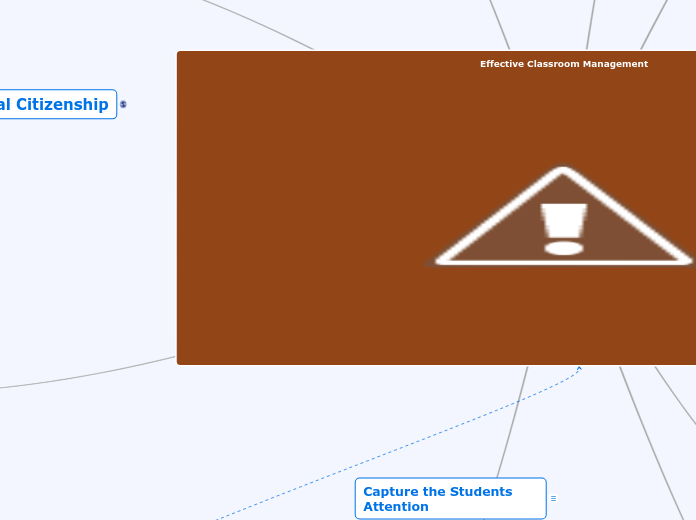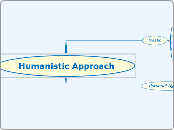par Jessika Mesa Il y a 6 années
210
ENGL102
The process of learning and applying rhetorical analysis is emphasized through various projects and readings. The tasks included writing assignments and group activities focused on understanding the three rhetorical appeals:
